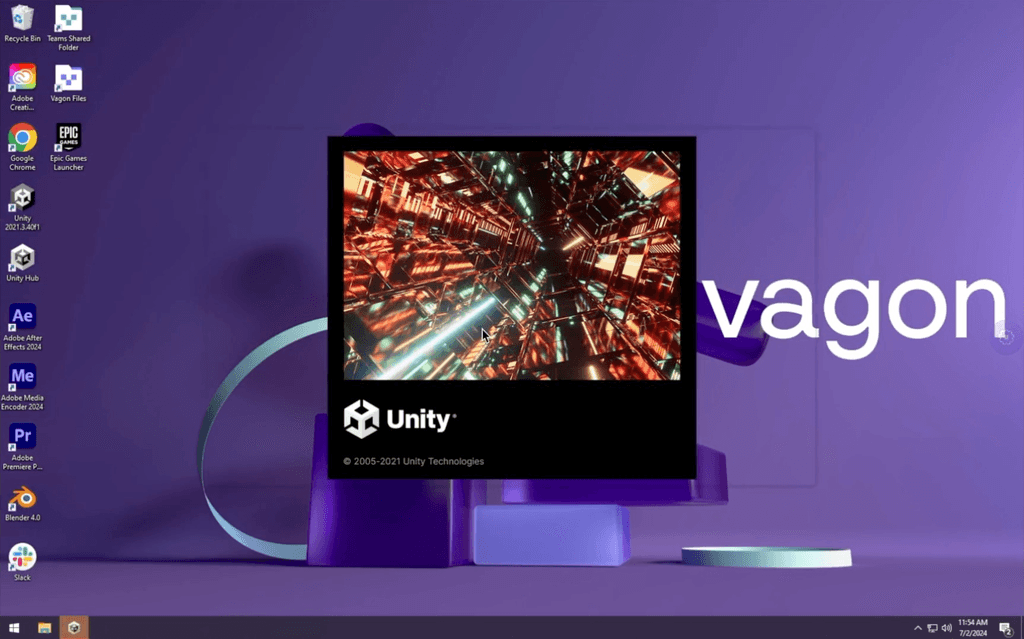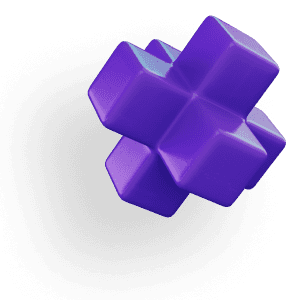HOW TO USE GPU
MATLAB Parallel Computing Toolbox
MATLAB's Parallel Computing Toolbox empowers users to harness the computational power of multicore processors and GPUs, facilitating the execution of parallel algorithms and enhancing performance for data-intensive tasks. This capability is particularly beneficial in fields such as engineering, finance, and scientific research, where complex computations are routine.
System Requirements for MATLAB Parallel Computing Toolbox
General Requirements
Operating System: 64-bit versions of Windows, macOS, or Linux
Processor: Multicore Intel or AMD processor with AVX2 instruction set support
Memory: Minimum of 4 GB RAM per MATLAB worker; 8 GB RAM per worker recommended when using Simulink
Storage: At least 5 GB of free disk space for temporary data directories
GPU Computing Requirements
GPU: CUDA-enabled NVIDIA GPU with compute capability 3.0 or higher
Graphics Driver: Latest NVIDIA graphics driver compatible with your GPU
Meeting these specifications will help you get the most out of the Parallel Computing Toolbox, ensuring efficient workflows and high-quality outputs.
Enabling GPU Acceleration in MATLAB
To leverage GPU acceleration in MATLAB using the Parallel Computing Toolbox, follow these steps:
Verify GPU Compatibility
Ensure your system has a CUDA-enabled NVIDIA GPU with compute capability 3.0 or higher.Install CUDA Toolkit and Drivers
Download and install the appropriate CUDA Toolkit and NVIDIA drivers from the NVIDIA website.Access GPU Functions in MATLAB
MATLAB provides over 1,000 built-in functions that support GPU arrays. To execute a function on the GPU, convert your data to agpuArrayusing thegpuArrayfunction:This approach enables the specified function to run on the GPU, potentially accelerating computation.
Monitor GPU Utilization
Use thegpuDevicefunction to view information about your GPU and monitor its utilization:
By following these steps, you can effectively enable and utilize GPU acceleration in MATLAB.
Top Recommended GPUs for MATLAB

NVIDIA A100 Tensor Core
Designed for data science and AI workloads, the A100 is ideal for MATLAB users handling extensive computations and large datasets.NVIDIA RTX 4090
Offering cutting-edge performance, the RTX 4090 is a versatile GPU for users seeking to accelerate MATLAB computations across various applications.NVIDIA RTX 3090
With 24 GB of VRAM and exceptional compute power, the RTX 3090 is a cost-effective option for advanced GPU computing in MATLAB.NVIDIA RTX A6000
A professional-grade GPU, the A6000 is built for handling complex simulations and deep learning workloads in MATLAB.NVIDIA Quadro RTX 5000
A reliable choice for workstation environments, this GPU balances performance and compatibility with professional applications like MATLAB.
Choosing a high-performance GPU enhances MATLAB's capabilities, ensuring faster computations and better support for data-intensive applications.
Top Tips to Speed Up MATLAB Computations
Vectorize Code
Vectorizing your code reduces the need for explicit loops, allowing MATLAB to execute operations more efficiently.Use Built-in Functions
MATLAB's built-in functions are optimized for performance and often support GPU acceleration. Utilizing these functions can lead to significant speed improvements.Parallelize Independent Tasks
Employparforloops to parallelize independent iterations, enabling concurrent execution across multiple CPU cores or GPUs.Optimize Data Transfer
Minimize data transfer between the CPU and GPU, as excessive transfers can negate performance gains from GPU acceleration.Profile Your Code
Use MATLAB's built-in profiler to identify and address performance bottlenecks in your code.
Implementing these strategies can help maintain smooth and reliable performance in MATLAB.
Enhance Your Workflow with Vagon
To further accelerate your computations and streamline your workflow, consider utilizing Vagon's cloud PCs. Powered by 48 cores, 4 x 24GB RTX-enabled NVIDIA GPUs, and 192GB of RAM, Vagon allows you to work on your projects faster than ever. It’s easy to use, right in your browser. Transfer your workspace and files in just a few clicks and experience the difference for yourself!





